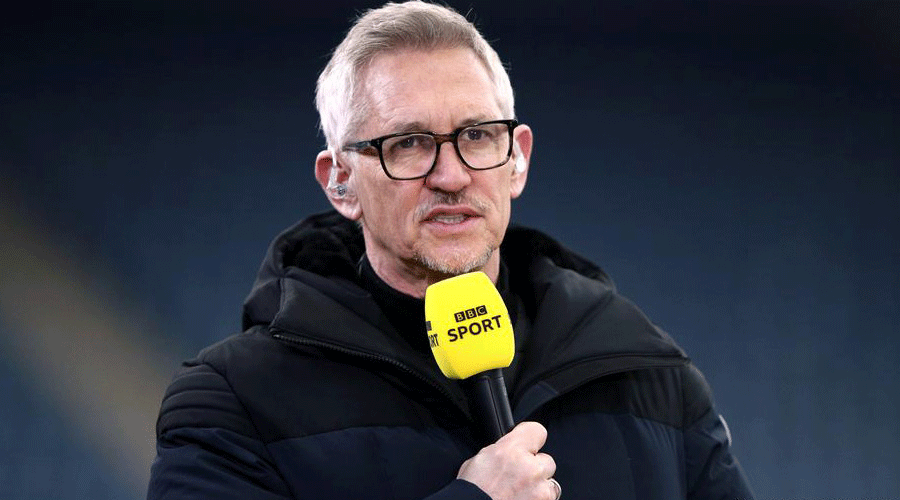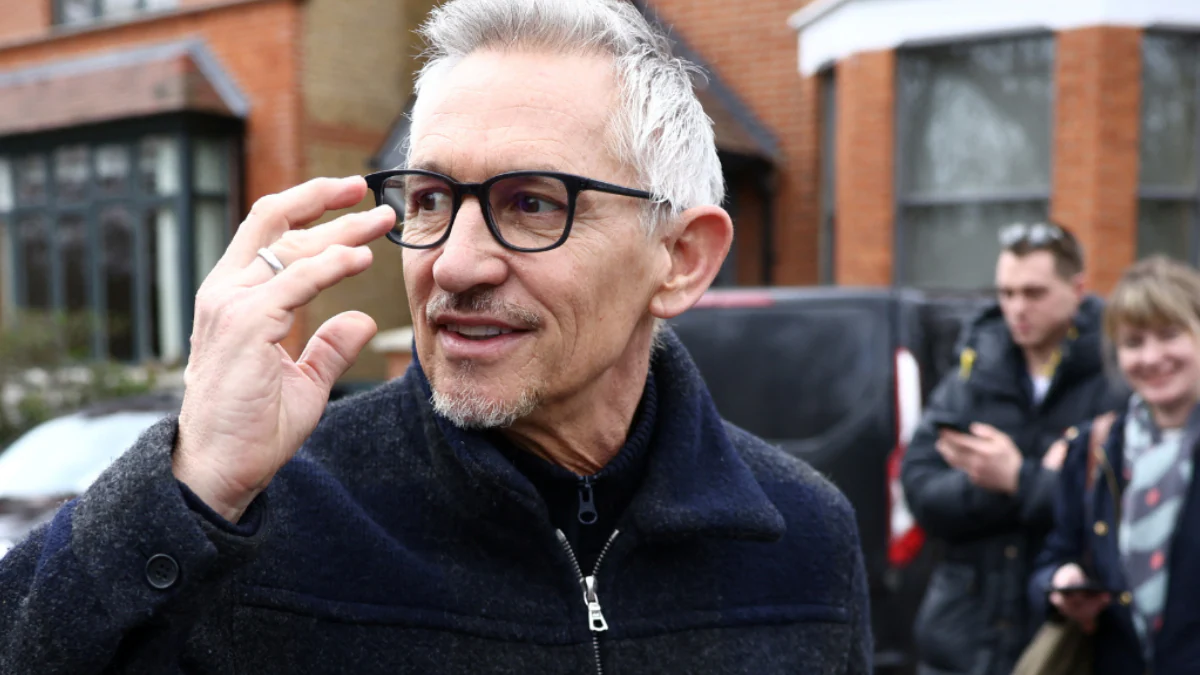Gary Lineker is an English former pro football player and sports commentator. In England’s Leicester, he was born on November 30, 1960. Lineker started his football career in 1978 with Leicester City before moving on to play for Everton, Barcelona, Tottenham Hotspur, and Nagoya Grampus Eight in Japan.
In 567 club games and 80 England international matches, Lineker scored 48 goals, making him a prolific goal scorer during his career. In the 1986 World Cup, he scored six goals for England and was the tournament’s leading scorer, earning the Golden Boot.
After quitting football, Lineker sought a career in sports broadcasting, working as a commentator and presenter for the BBC, including hosting the well-known Match of the Day show. Additionally, he has hosted a number of other sporting events and has contributed to a number of charitable and humanitarian initiatives.
Lineker, who is considered one of the all-time best English footballers, has won various accolades throughout his career, including being inducted into the English Football Hall of Fame and being given an honorary OBE by Queen Elizabeth II. With the help of this article, you can learn about the football legend’s fight against the disease and his motivational journey to recovery.
Gary Lineker illness
At Great Ormond Street Hospital in London, Lineker’s eldest son, George, was treated for a rare form of leukemia in November 1991 and was able to beat it. Lineker currently promotes blood donation by supporting the CLIC Sargent organization that helps kids with cancer.
Leukaemia Busters, whose patrons Gary and Michelle served from 1994 to 2005, is another cancer charity with whom Lineker has a history of involvement. The Fight for Life and Cancer Research UK charities have both benefited from his involvement.
Related: Is Helen Hunt Sick? Why Does Helen Hunt Look So Different? Explored!
Latest Health News on Gary Lineker
Although Gary Lineker‘s health has not been updated, his most recent tweet indicates that he is in good condition.
Well, it’s been an interesting couple of days. Happy that this ridiculously out of proportion story seems to be abating and very much looking forward to presenting @BBCMOTD on Saturday. Thanks again for all your incredible support. It’s been overwhelming.
— Gary Lineker (@GaryLineker) March 9, 2023
What Happened to Gary Lineker?
Despite his great career, Lineker has now revealed that he is suffering from dementia. A variety of symptoms may appear as a result of the complex disorder known as dementia. Memory loss, confusion, communication issues, changes in attitude or behavior, and difficulty carrying out daily duties are a few examples of these.
Dementia can be brought on by a number of illnesses, including Parkinson’s disease, Huntington’s disease, and vascular dementia, but Alzheimer’s disease is the most frequent cause. Dementia has no known treatment as of right now.
The quality of life for those who are afflicted by the condition can be improved, though, with the help of treatment and support. People who recognize symptoms of dementia in themselves or a loved one must get medical help right away so that they can be properly diagnosed and treated.
The courageous act of Gary Lineker in disclosing his dementia diagnosis brings attention to the disease and emphasizes how crucial it is to do research and provide care and understanding for those who are affected by it.
Related: What Was Joey Jordison’s Cause of Death? How Did Slipknot Founding Drummer Die?
The Gary Lineker Death Hoax Debunked
On social media, there have been hoaxes spreading about the passing of Gary Lineker, a legendary player for England football. He caused health concerns in the public by losing weight recently, which is when the reports first began. Gary Lineker is still alive and well, but it’s crucial to make it clear that these reports are untrue.
The former soccer star, who is now a successful sports presenter, had previously expressed concerns about his weight loss on social media, blaming a change in his diet. Moreover, he had undergone a standard medical examination, which found no significant health issues.


